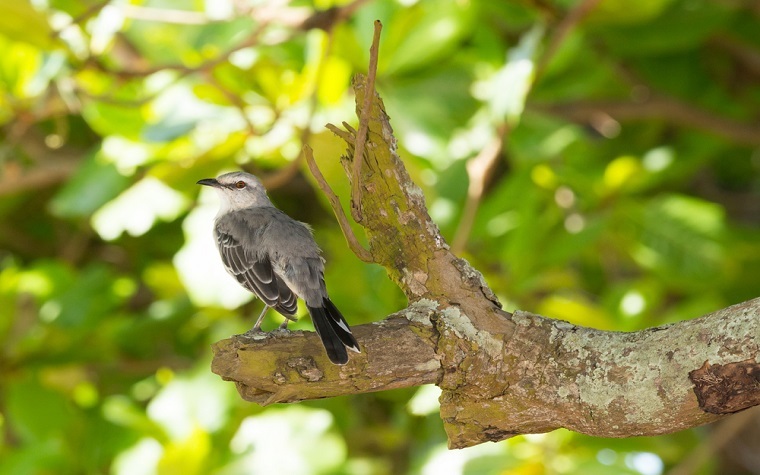The Wildlife Conservation Society’s Climate Adaption Fund has awarded $183,700 to the University of Rhode Island and the Rhode Island Natural History Survey for a demonstration project that will make improvements to the habitat of birds in Middletown, making them more resistant to climate change and its effects.
The project will last over a span of two years that will see invasive plants in the Norman Bird Sanctuary and Sachuest Point National Park removed from the habitat and replaced with species that are native to the area in locations where damage has occurred to the natural plant cover.
“We’re taking an area that is already globally important bird habitat and manipulating it to make sure it retains that function into the future,” Natural History Survey Executive Director David Gregg said. “Rising sea levels will literally shorten the distance between coastal features like the salt marsh and the adjacent coastal forest. And whereas we’ve sometimes treated them separately in the past, I hope this project will help all involved see them as connected and interdependent.”
Scot McWilliams, a professor at URI, and Clara Cooper-Mullin, a doctoral student, will conduct surveys of the sites before and after the completion of the project.


 Alerts Sign-up
Alerts Sign-up